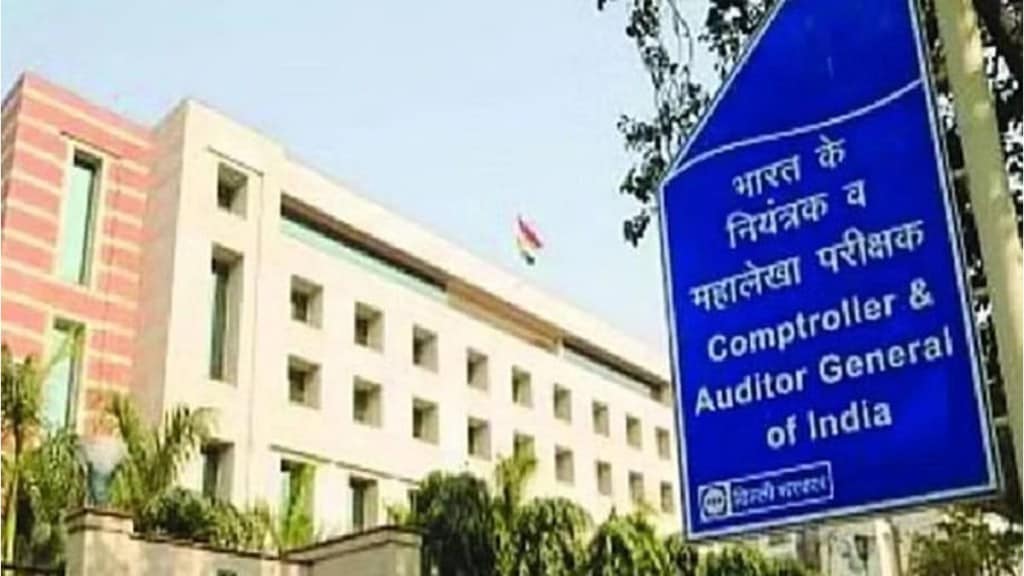The Comptroller and Auditor General of India (CAG) will convene a meeting of state finance secretaries in September, with focus on the adoption of remote auditing, timely submission of state accounts data, and issues related to central sector schemes, deputy CAG AM Bajaj said.
CAG is introducing remote auditing, enabling audits to be conducted without the physical presence of audit teams at the entities being audited.“The next state financial conference will focus on remote auditing and other important issues,” Bajaj said, adding that teams will only be deployed “where the information is not decipherable”.“What we are aiming now is that the audit team need not even go to the audited entity’s place, because most of the information is available digitally,” he said, adding that the physical visits will be limited to instances requiring clarity.
Remote auditing is important for judicious allocation of human resources given doubling and tripling of expenditures by entities and the rise in number of entities being audited, putting pressure on the manpower of CAG.In addition to remote audits, deputy CAG KS Subramanian said the meeting will also address data-related issues pertaining to expenditure under central sector schemes, and the financial performance of state public sector undertakings (PSUs).
Also, the talks will feature timely submission of state finances data to advance the monthly data releases.The CAG has been modernising public auditing through extensive digitisation and IT-led initiatives, aimed at improving audit efficiency, transparency, and inter-agency collaboration.
The planned integration of generative AI and optical character recognition (OCR) in voucher verification is expected to reduce errors, enhance accuracy, and generates audit leads. Meanwhile, the Standardized Risk Assessment Model, powered by data analytics tools like IDEA and Tableau, ensures data-driven, risk-focused audit planning nationwide. CAG’s initial efforts at remote/hybrid audit of GST, Stamp duty and registration and public works have been highly successful and encouraging. This has spurred us to fast-track such hybrid audits across the country by engaging with the executives to ensure that they achieve end-to-end digitization of their work processes.

